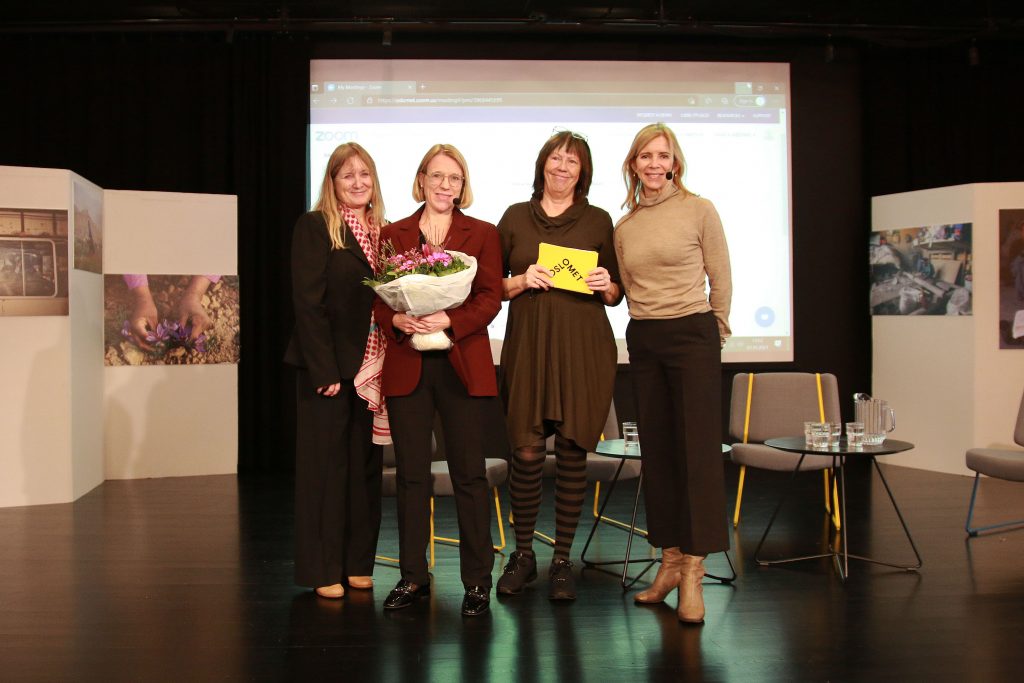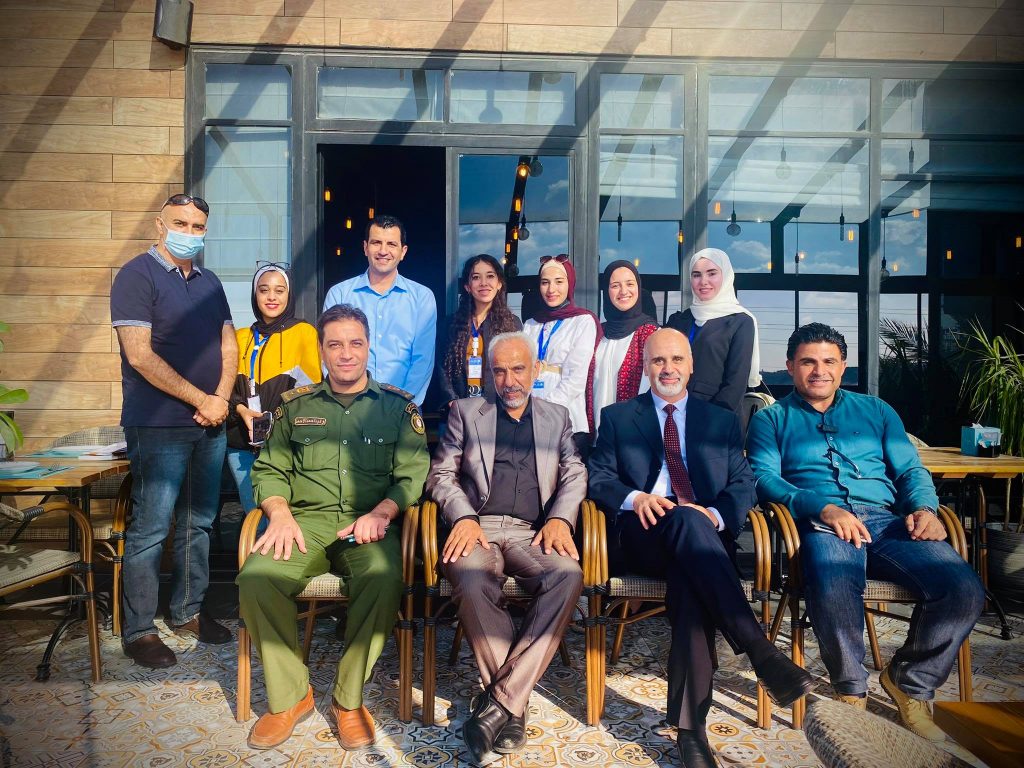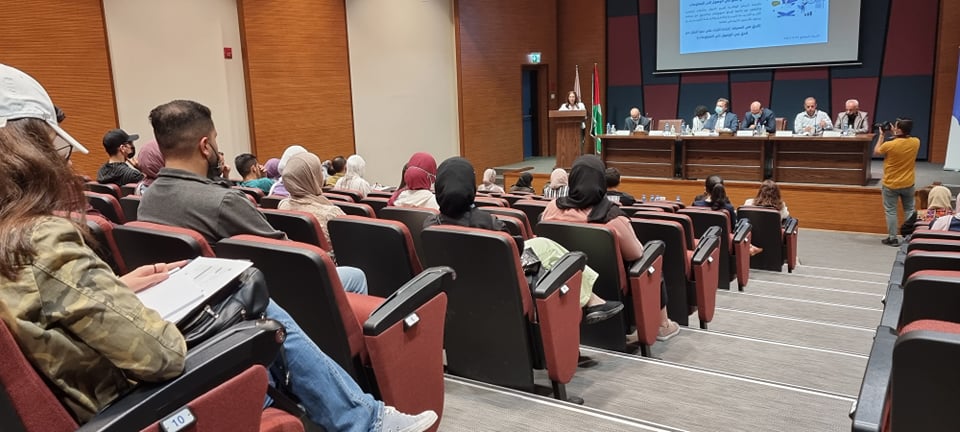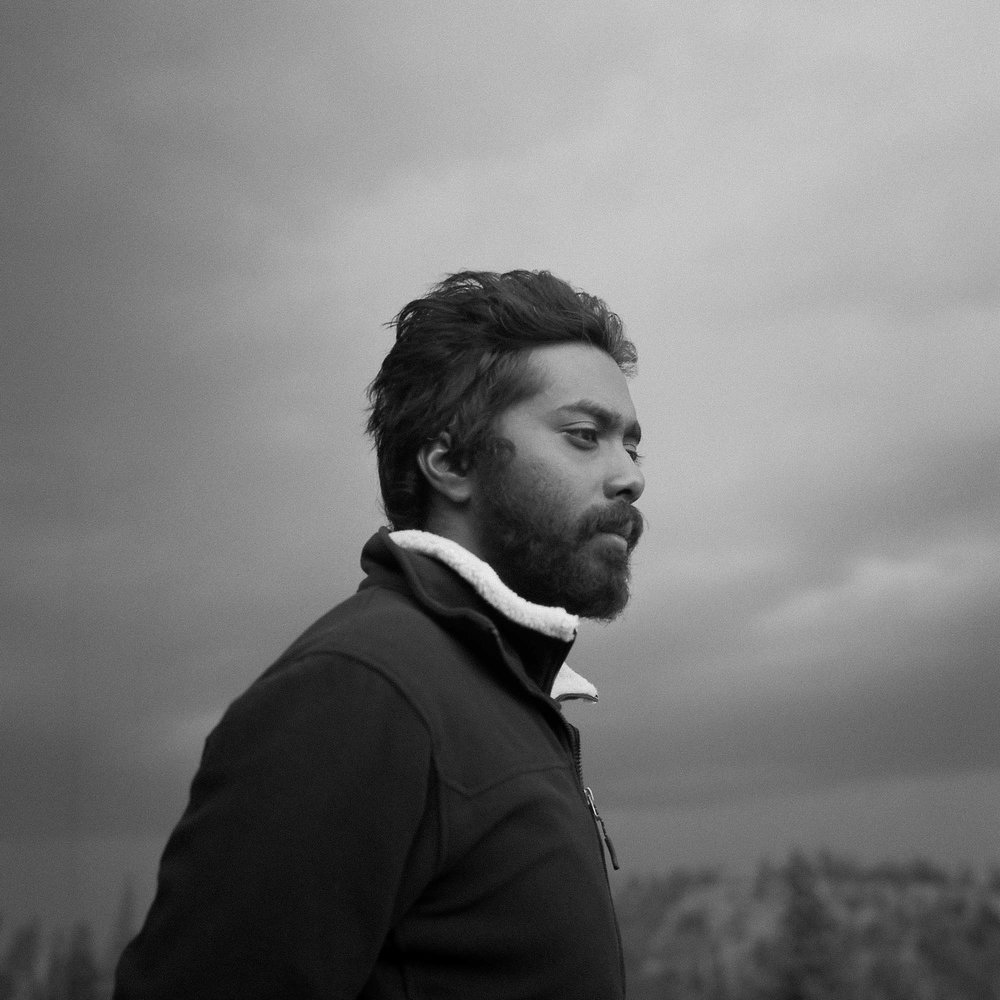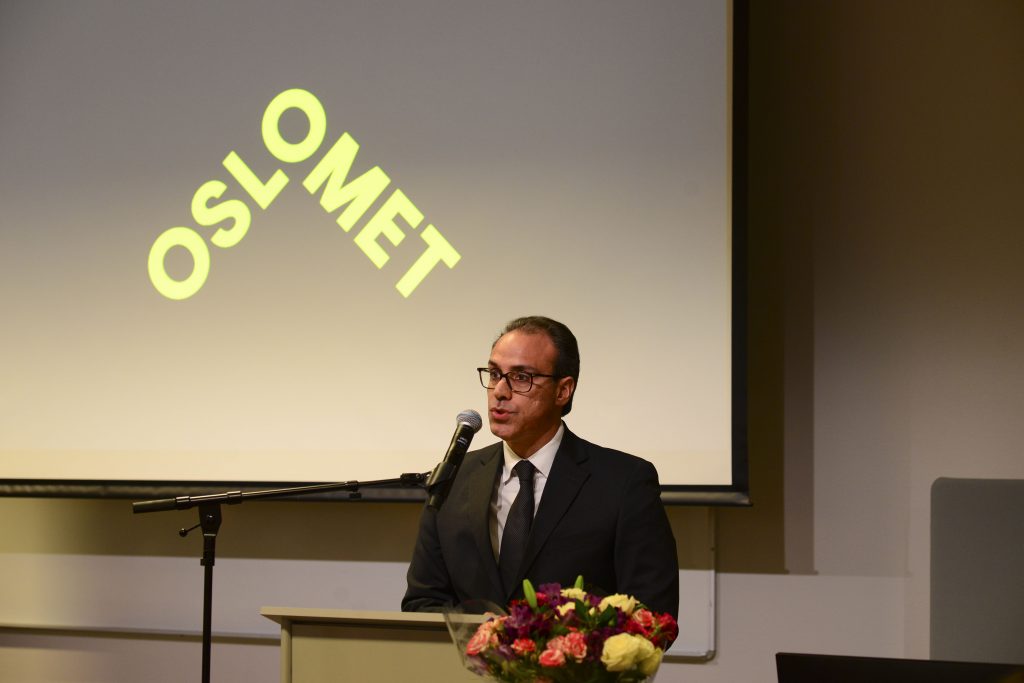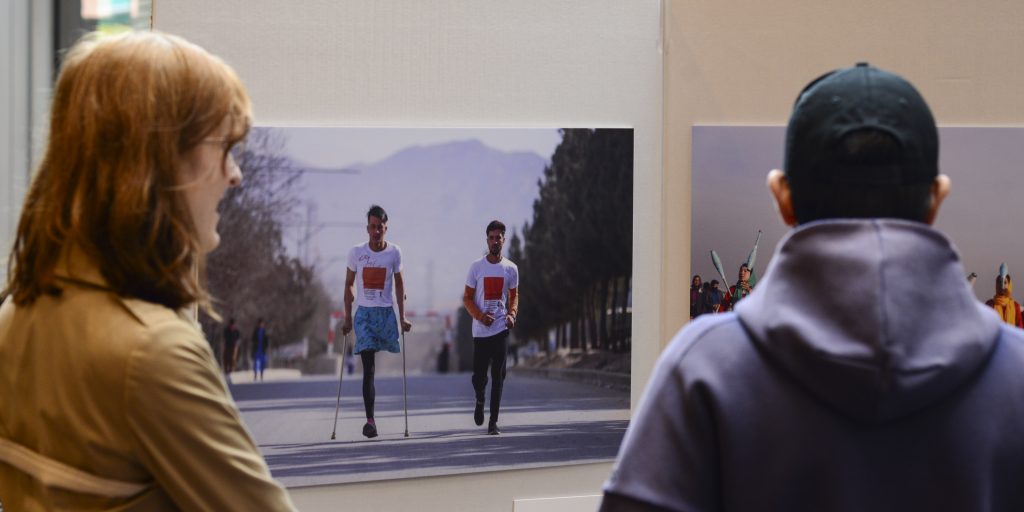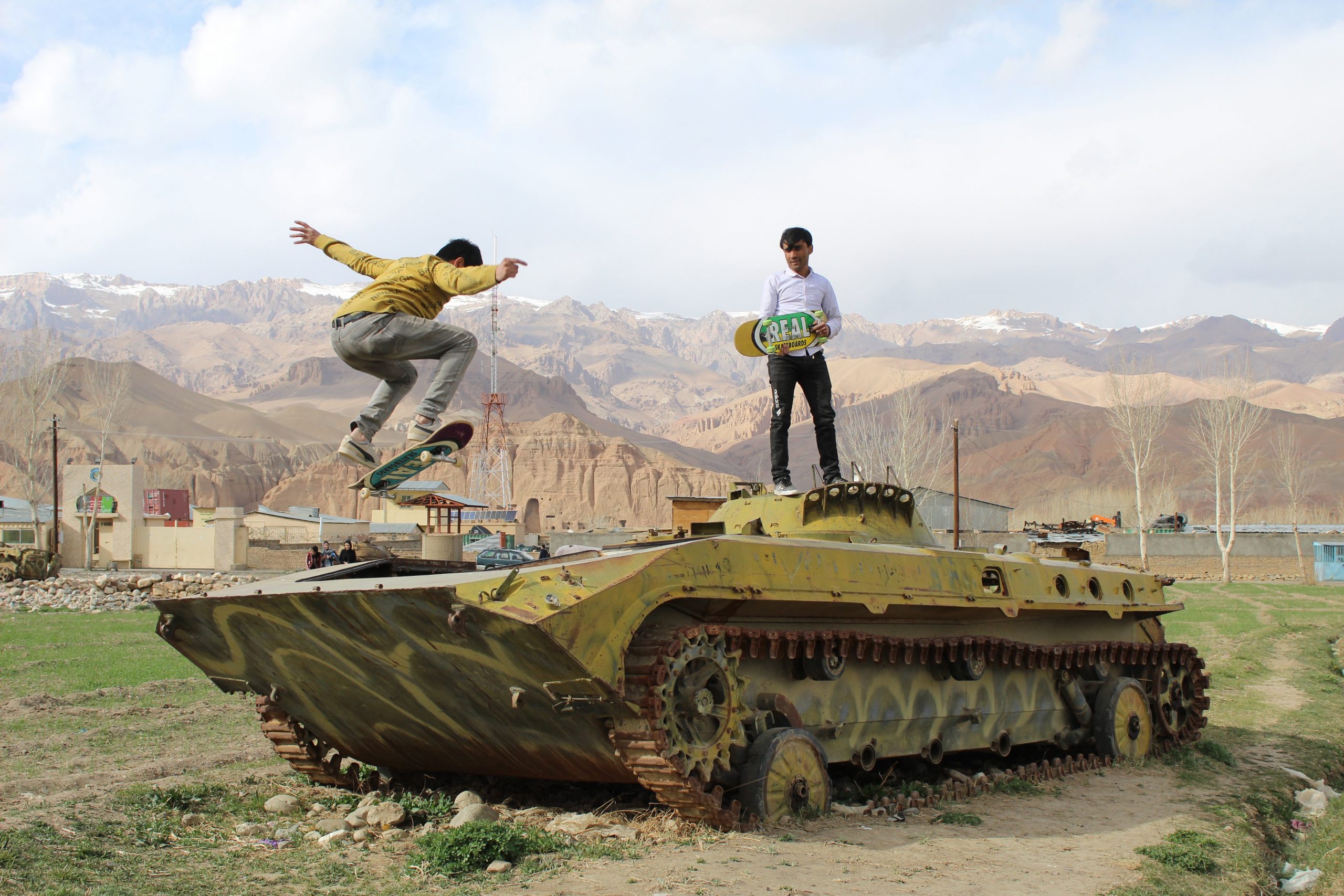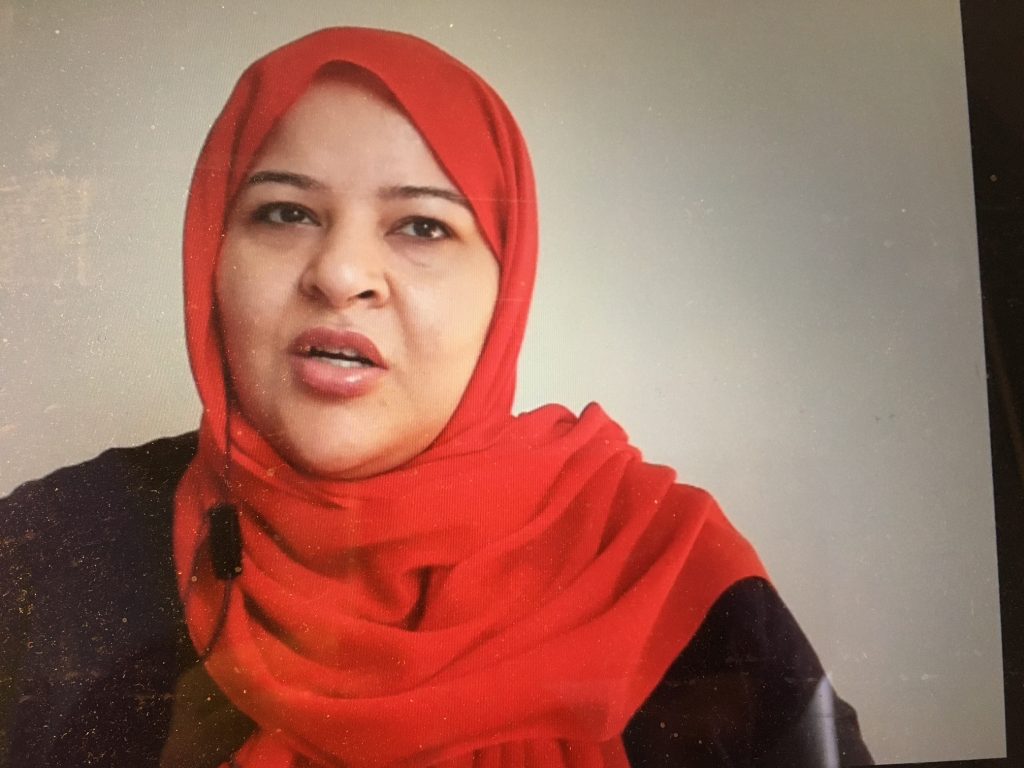Protection of journalists and journalism in crisis and conflict
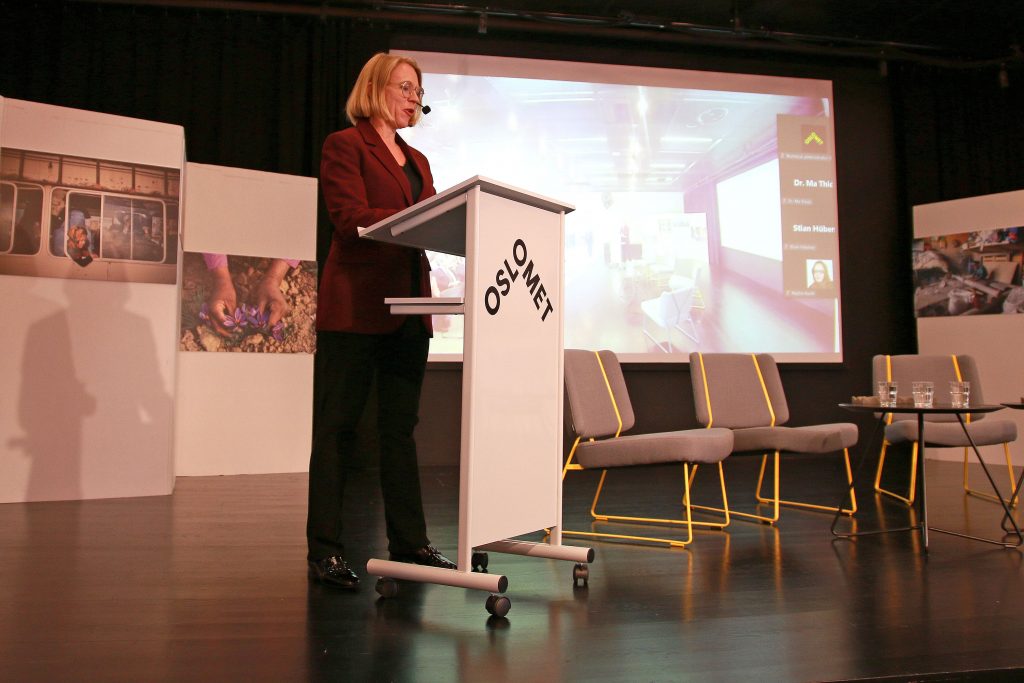
The new Norwegian Foreign Minister, Anniken Huitfeldt, came to OsloMet Monday 1 November to open a seminar about journalists and journalism in exile together with OsloMet Rector, Nina Waaler.
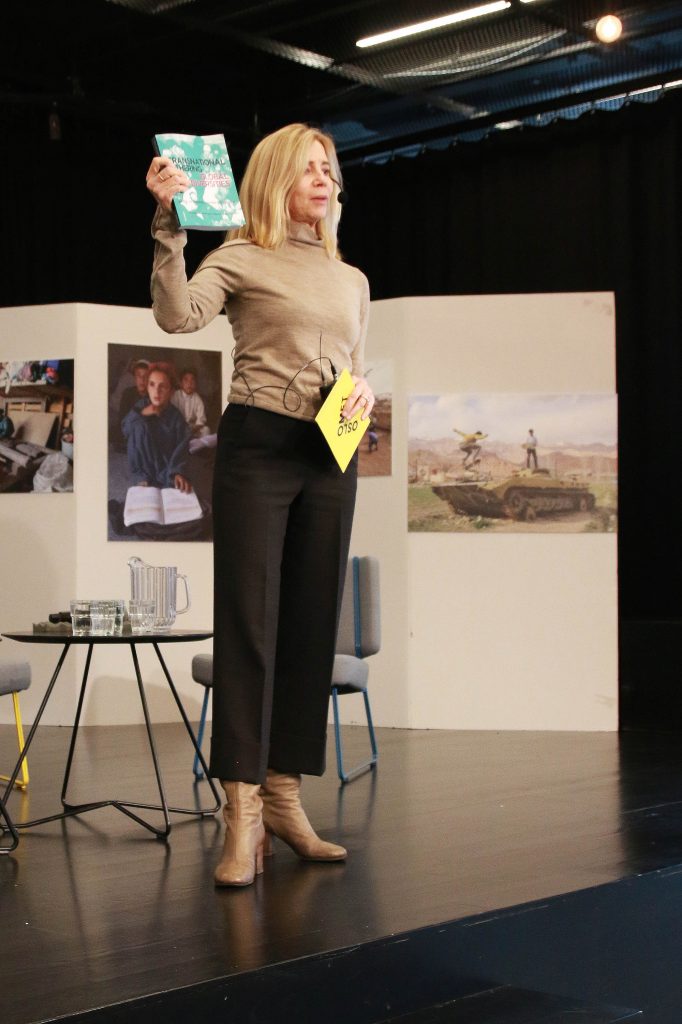
What happens when journalists have to leave their country in large numbers and the survival of journalism is threatened? In 2021, this has already happened in Afghanistan and Myanmar/Burma, two countries where the space for journalism is shrinking.
Journalists with field experiences and international experts shared their experiences and viewpoints: Agnes Callamard, Secretary General, Amnesty International pointed at general world trends regarding safety for journalists in her keynote on zoom.
Najiba Ayubi, Head of the media house Killid and International Association of Women in Radio and Television (IAWRT) in Afghanistan told about her flight in a recorded video message from a refugee camp in USA. Dr. Samay Hamed, Head of Afghan PEN and journalist Afshin Ismaeli in Aftenposten discussed the situation in Afghanistan with moderator Elisabeth Eide.
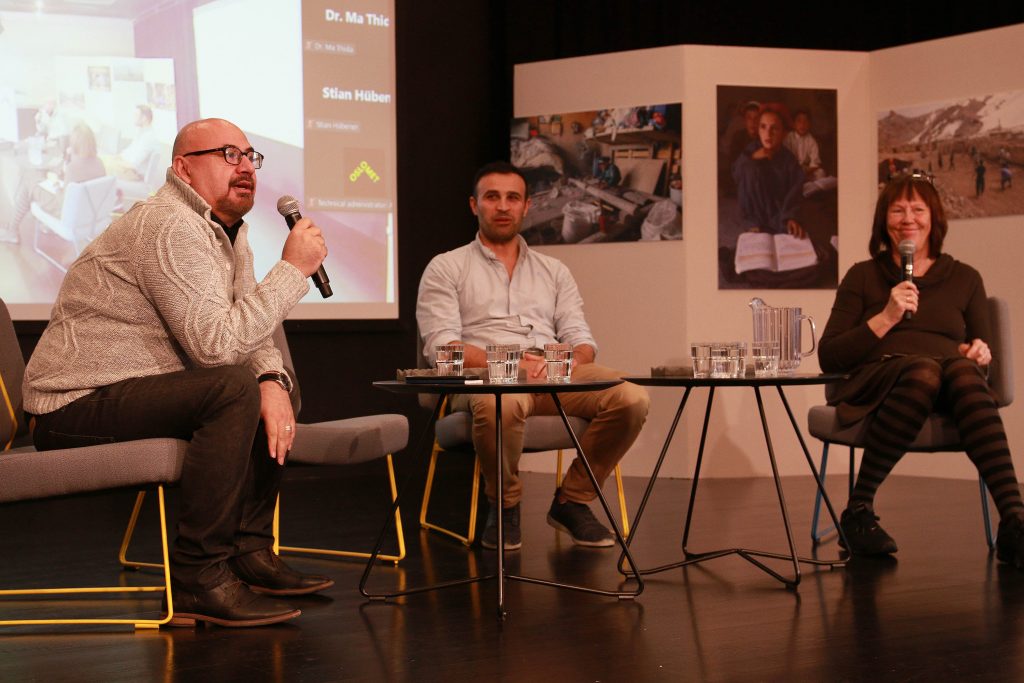
Dr. Ma Thida, chair of Writer in Prison Committee of PEN International was on zoom to tell about her views on the situation in her home country. Thida Thin Myat Thu, Program Director, Democratic Voice of Burma (DVB) shared her very strong personal story about when she had to leave the country. Aye Chan Naing, Executive Director/Chief Editor in DVB told about running a media house in exile.
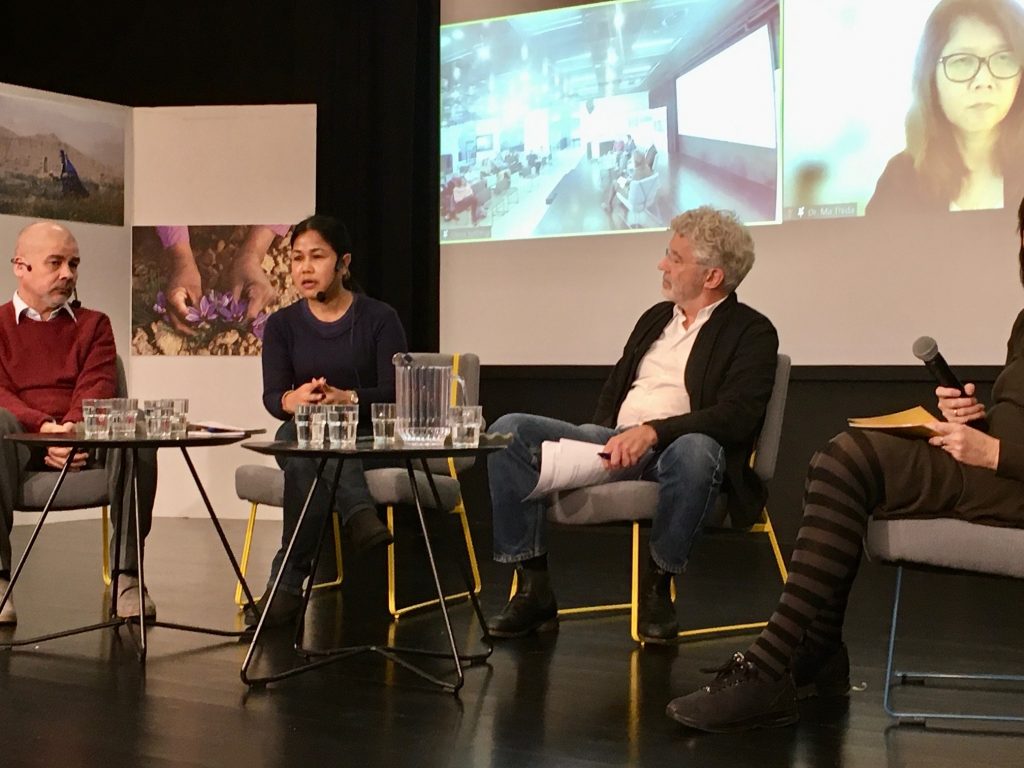
Jesper Højberg, Executive Director, International Media Support (IMS) emphasized how his organization always work with local journalists on the ground in the countries where they are engaged, for example in Afghanistan and Burma/Myanmar.
The seminar was streamed on Youtube and Facebook:
Youtube live:https://youtu.be/pBE32PtKSgo
FB live:https://fb.watch/924q6VT_qL/
